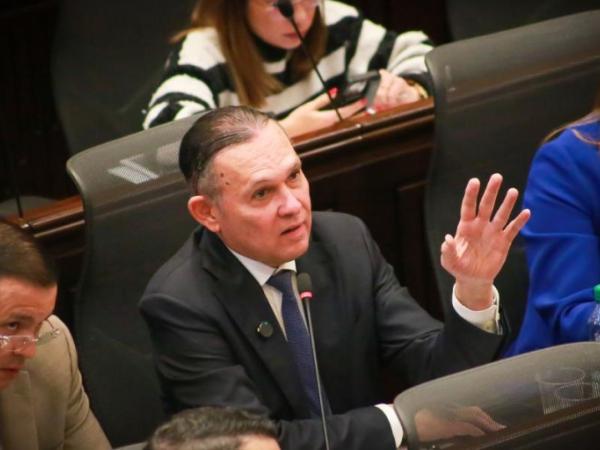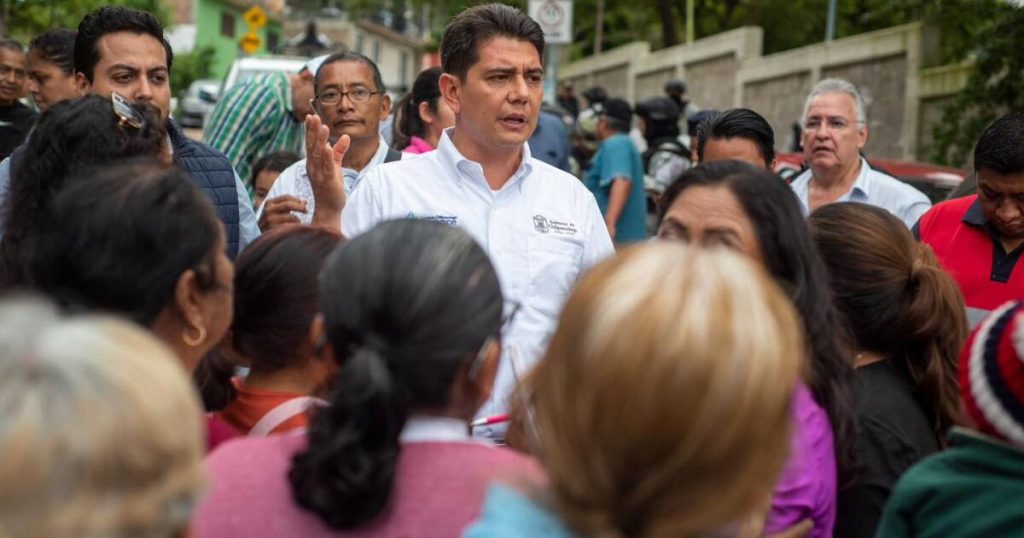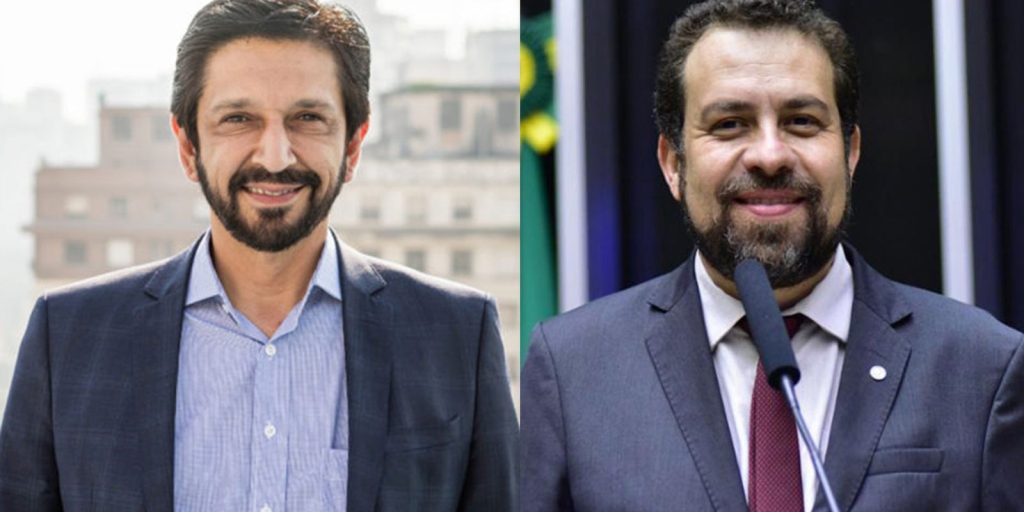The president of Congress, Efraín Cepeda, warned that the labor reform promoted by Gustavo Petro’s government will face a complicated path in the Senate.
In a recent speech in Barranquilla, during the XVI National Conversation on Labor Specialties convened by the Supreme Court of Justice, Cepeda stated that “Things that are convenient for Colombians will happen and things that hurt them will not happen.”. According to him, the Senate will act responsibly, in defense of the interests of the people.
(Read: Restrictions for freight vehicles during school recess and race day)
The conservative senator highlighted that, If the reform does not include elements that generate employment, it will be difficult for it to advance. This statement comes at a time when the opposition has taken a firm stance against the government’s proposals, putting their viability at risk.
For his part, President Petro responded to Cepeda through his X account, questioning the idea that a salary increase could result in a decrease in employment. “The theoretical thesis behind this phrase is that if wages rise, employment falls. “This thesis has been proven to be a fallacy throughout the world.”wrote the president, defending the results of his administration in the last two years, during which real wages and employment have increased.
(Read: Analysis: pros and cons of regions receiving more money)
Congress.
THE TIME
The labor reform advanced this week in the plenary session of the House of Representatives, where 25 articles were approved in its second of four debates. One of the most notable aspects of the proposal is the establishment of the night surcharge starting at 7 p.m., a right that, according to the Minister of Labor, Gloria Inés Ramírez, had been lost for 28 years.
(Read: 5 reasons that explain violent behavior in Colombia)
Ramírez emphasized that the goal of the reform is to recover labor rights, arguing that many workers have lost income and time with their families due to the lack of fair surcharges for night work. “This is a modern rights reform, designed to respond to the new labor reality and provide labor justice.”, he stated.
As the debate progresses, a polarized scenario is emerging between the government and the opposition, which could influence the final direction of the labor reform. lThe key will be to find a balance that satisfies both the needs of workers and the concerns of the productive sectors. The future of the reform will depend on the negotiations and consensus that can be established in the Senate in the coming weeks.
PORTFOLIO

















